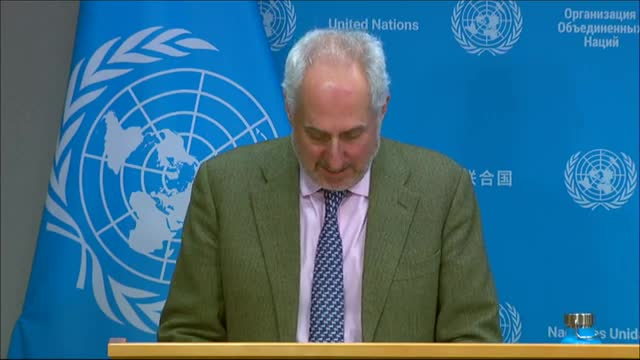Article not found
This article is no longer available. But don't worry—we've gathered other articles that discuss the same topic.
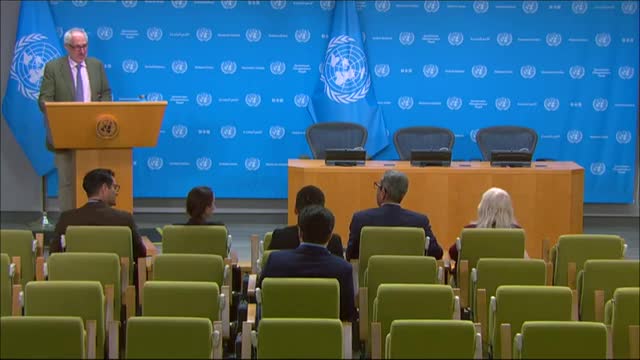
UN announces fourth session of Permanent Forum on People of African Descent starting Monday
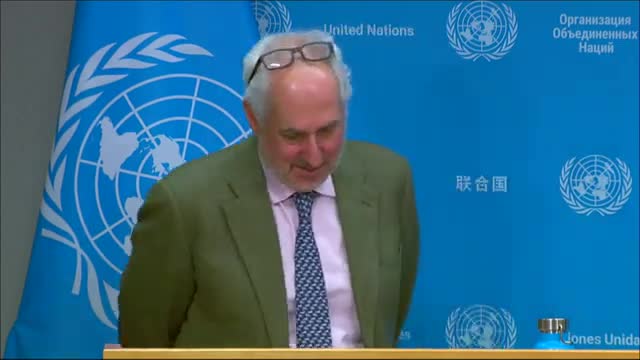
UN spokesperson says special procedures report flagged partial external funding for internal travel on 2023 trip
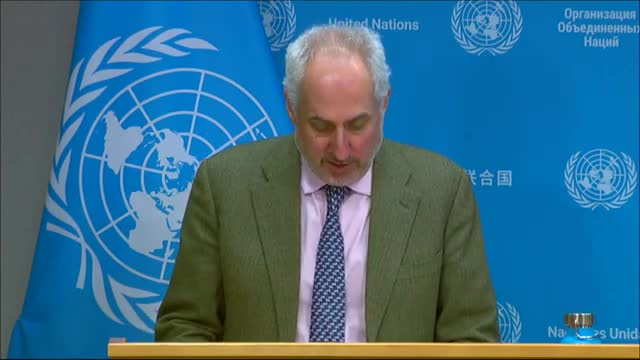
IMO approves mandatory emissions limits and pricing mechanism for large ships, aims for 2027 entry into force
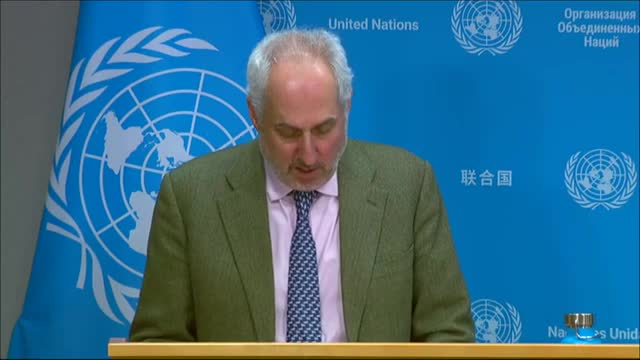
Fighting in eastern DRC displaces thousands; UNICEF reports alarming child protection statistics
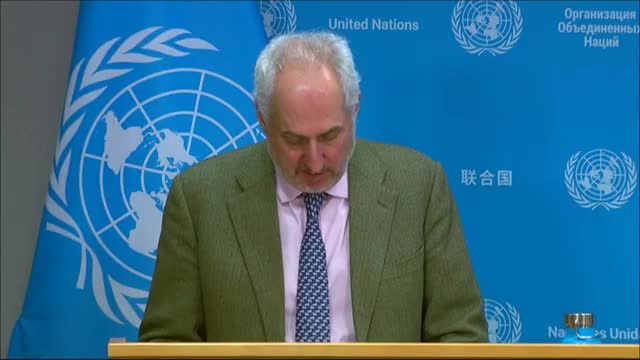
UN agencies warn famine confirmed in Sudan and funding shortfalls hamper response
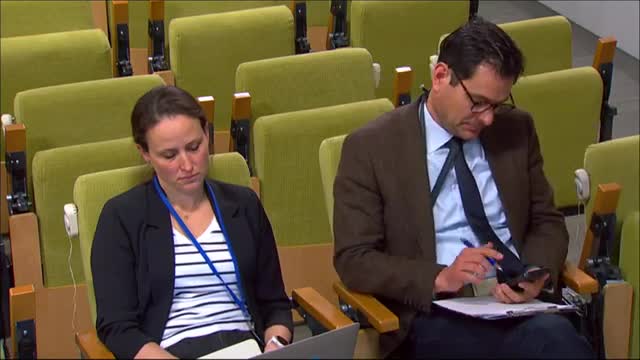
UN launches $275 million appeal after Myanmar earthquakes that doubled humanitarian needs
